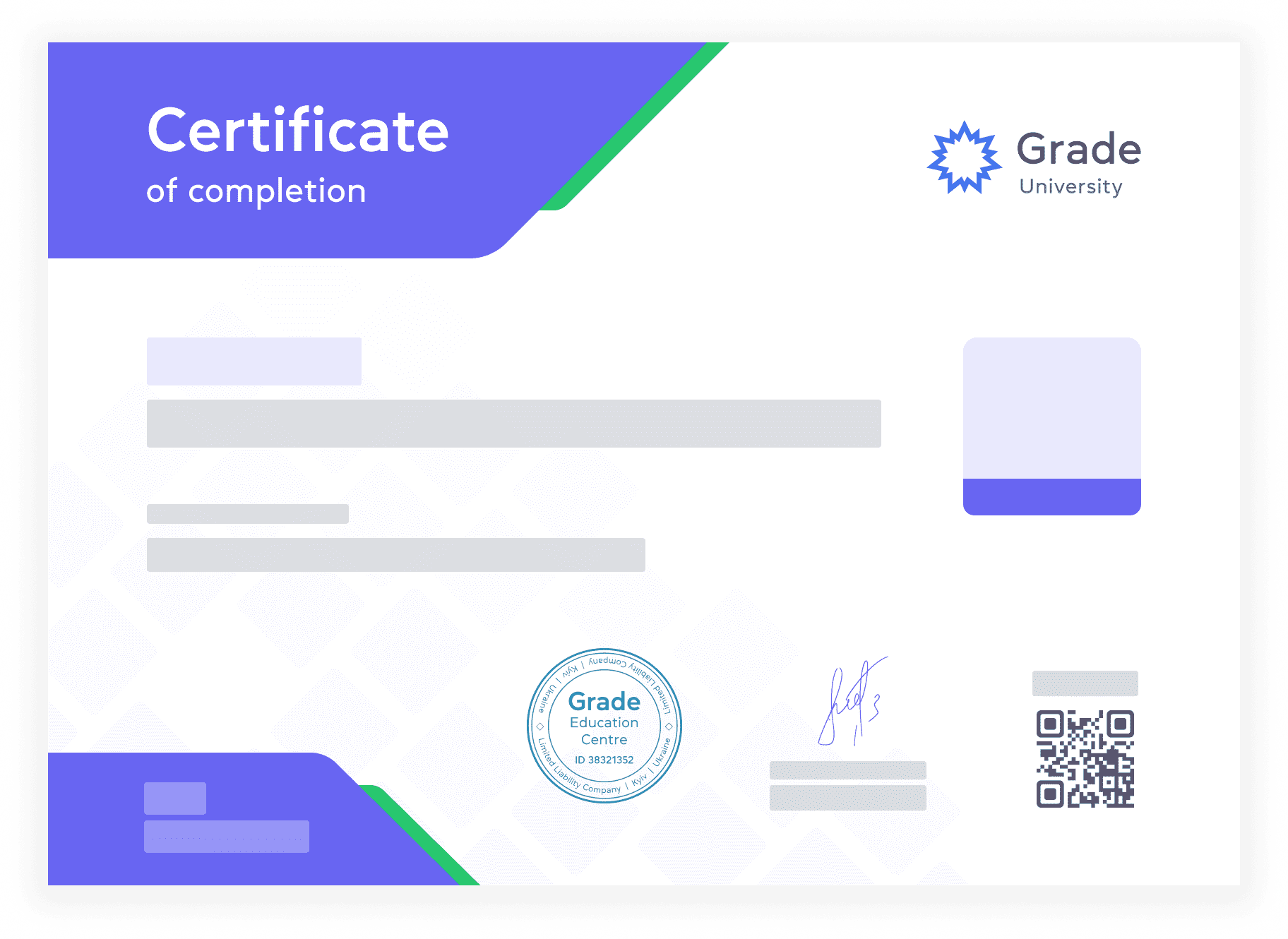How to Stay on Track as a Teacher
The Motivated Teen
You can buy this Course for $ 79 or try Demo first
About the course
Level
New to TEFL/TESOL, Experienced
Your Students
Teenagers
Required time
18 hours
The course is aimed at pre-CELTA and CELTA-qualified teachers who have just started their teenage groups or experienced ones who are looking for fresh and inspirational techniques and ideas on how to motivate their adolescent students.
Teenagers have very specific needs that must be met in order for teachers to create a positive learning environment. This course will look at what typical teenagers are like, what their needs are, and how the changes in their ages affect their motivation. It will make you more aware of the underlying causes of teen behaviour, which will allow you to make more informed teaching decisions and adjust your planning choices to accommodate their physical, cognitive, and emotional states.
The course will also look at some practical tools for motivating your least engaged learners, as well as discuss their advantages and disadvantages.
This knowledge will assist you in identifying and implementing effective teaching tools to increase your students' motivation to attend your class and study English with you.
In this course, we will be looking at:
- Physical, cognitive, emotional and social changes the teenagers go through
- Teenage brain development
- What teenage needs are and how to meet them?
- How to define the concept of ‘motivation’?
- What are the tools to motivate teenagers?
Course Program (in Ukrainian)
Download PDFKeywords
- Teaching English
- Classroom Management
- Teaching Techniques
- English Learner
- Teaching tools
What's in the course?
Variety of inputs
Interesting texts, video lectures and tutorials, and audio tracks to keep you engaged
Variety of practice tasks
To help you better understand the concepts and immediately implement new knowledge and skills including multiple choice questions, matching, true/false, open questions, gapped texts, quizzes, summaries
Self-reflection tasks
Comments from teachers and students to present common problems and ways to address them, and help you evaluate and improve your teaching
Knowledge bank
WIth the key information form the couse to keep the new knowledge organised and to give you the opportunity to return to it when needed
Final test
To track your progress and a must if you would like to receive a certificate
Useful resources
For further reading and study
Course Outline
Strict Order
This course consists of integral units that should be done in a strict order. Within each unit, the tasks follow a strict order and should be done one by one.
Physiological Changes in Teenage Years
Cognitive Changes Teenagers Go Through
Social and Emotional Changes
Teenage Needs and Ways to Meet Them
Motivating Your Teenage Students
Final Test
Course outcomes
By the end of the course, participants will:
- be better aware of what changes teenagers go through and how these changes are depicted in their behaviour.
- Learn how the teenage brain develops and works and how these changes affect teen behaviour.
- Learn about what roles do families and friends play in teenage lives
- be better aware of how Bloom’s Taxonomy works with teenagers and how it can be used to engage your learners in the lessons.
- learn more about the needs your teenage students have
- read about what teaching approaches and teaching techniques you need to apply to meet your students' needs
- learn about Maslow’s Pyramid of Basic Needs and its practical application in the classroom
- be better able to understand what is meant by the term "motivation."
- learn about the reasons why teenagers might want to change their behaviour towards being more motivated in their studies
- be introduced to a variety of motivational techniques to motivate your teenage learners.
The skills you will learn:
- identifying potentially ‘embarrassing’ tasks in the lessons and ways to avoid them
- being more prepared with strategies how to differentiate between personalised and non-personalized coursebook tasks and how to adapt them to satisfy the cognitive needs of adolescents
- adjusting coursebook tasks to meet teenage needs
- promoting emotional literacy
- differentiating between extrinsic and intrinsic motivation and between motivators and demotivators; analysing extrinsic and intrinsic motivators
- healthy/unhealthy praise
- giving constructive feedback
- analysing causes for teenage anger management and ways to deal with that
- anger management and ways to deal with conflict
- analysing teenage life stories and identifying needs that go unmet
Certificate
Based on the results of the final test you will get:
0–69% — Certificate of Attendance
70–89% — Certificate of Completion
90–100% — Certificate of Completion with Merit
Certificate will appear in your Profile.




